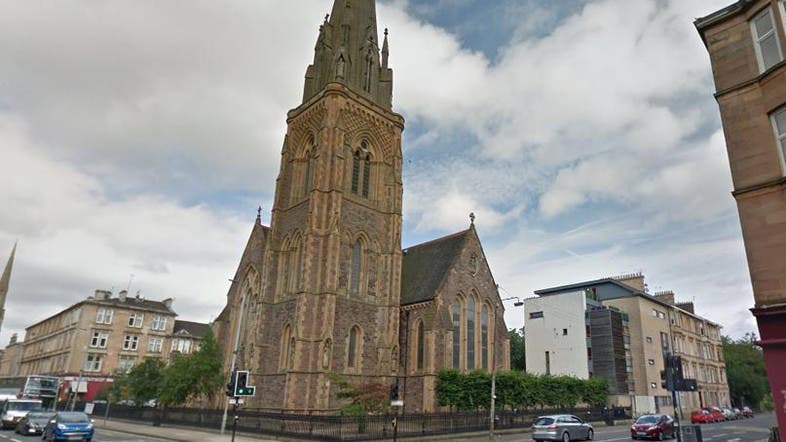Scottish Christians have expressed upset after sections of the Quran
were read out during a service marking the feast of the Epiphany at St
Mary’s Cathedral in Glasgow, prompting the leader of the country’s
Anglican church to voice his concern over the reaction.
The
unrest in the Scottish church comes after a row broke out over the
decision to include passages from the Quran read in Arabic by a local
Muslim student during a service at the cathedral.
Nineteen-year-old
student Madinah Javed the story of Jesus’ birth from the book of
Maryam. The reading included the Islamic teaching that Jesus was not the
son of God.
The intention of the service
was to build interfaith relations, but instead sparked widespread anger
throughout the Catholic community.
The
Most Rev David Chillingworth, Bishop of St Andrews, Dunkeld &
Dunblane and Primus of the Scottish Episcopal Church said the Scottish
Episcopal Church had had a long commitment to the development of
interfaith work.
In the statement he
explained: “Over many years, we have sought to develop friendship,
understanding and mutual respect between our Christian faith and the
other great world religions.”
But he
added: “The decisions which have led to the situation in St Mary’s
Cathedral are a matter for the Provost and the Cathedral community but
the Scottish Episcopal Church is deeply distressed at the widespread
offence which has been caused. We also deeply regret the widespread
abuse which has been received by the Cathedral community.”
Now Scottish police have been brought in after members of the church received online abuse, according to local press reports.
A police spokesman told the website Glasgowlive.co.uk:
“We can confirm we are investigating reports of offensive comments made
towards St Mary’s Episcopal Cathedral in Glasgow and inquiries are
ongoing.
“Police Scotland will not
tolerate any form of hate and encourages all communities to work
together to ensure no-one feels threatened or marginalized.”

